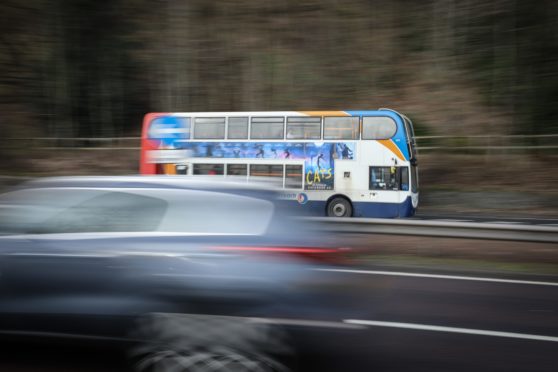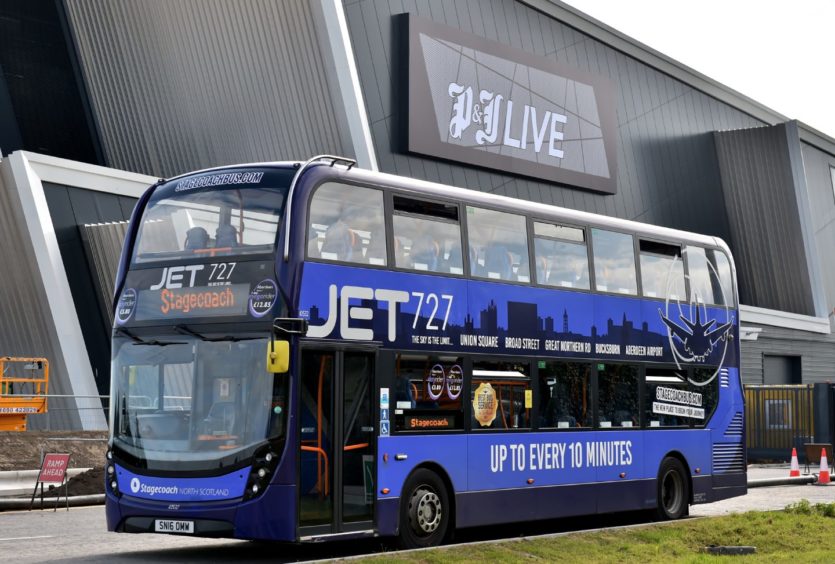Stagecoach is marking Clean Air Day today with a call for a major shift in travel behaviour to address health and climate problems facing the country.
Britain’s biggest bus, coach and tram operator has said there should be a mass switch from cars to public transport as the UK emerges from the Covid crisis.
The latest data from the UK Department for Transport has shown a rise in car use.
In contrast, use of buses outside London is currently at around 60%-70% of pre-pandemic levels, with passenger volumes on the national rail network at just under 50%.
Sharon Vye-Parminter, health, safety and environment director at Stagecoach, said: “We need a mass switch from cars to public transport, particularly buses, if we are to avoid a growing health and climate crisis.
“But there are already worrying signs in our towns and cities that car use is growing rather than falling.
“Technology alone will not solve the challenges we face.
We need to make real changes to how we all live our lives and there has never been a better opportunity for government and public transport operators to work together to help people make that switch.”
Later this summer, Perth-based Stagecoach is due to publish its new sustainability strategy, with a range of environmental and other targets.
It has already announced plans to target a fully zero-emission bus fleet by 2035.
Over £1 billion has been invested by the firm in 7,000 new greener vehicles and technologies in the past decade.
More electric buses on the way
During this year, it will be introducing a further 46 new fully electric buses in its key Scottish transport networks in Aberdeen, Kilmarnock and Perth.
As well as rolling out lower emission buses, the firm is also investing in new technology and “personalised solutions” to encourage more people to move away from their cars and onto public transport.
Clean Air Day is the UK’s largest air pollution campaign, engaging thousands of people at hundreds of events .
It is led by the charity Global Action Plan and aims to bring together communities, businesses, schools and the health sector.

